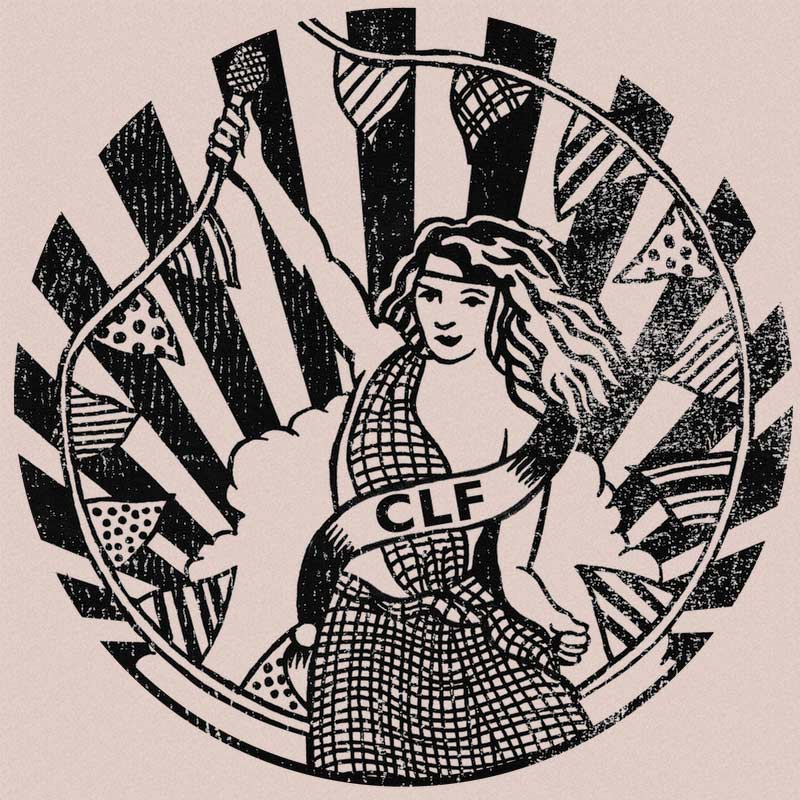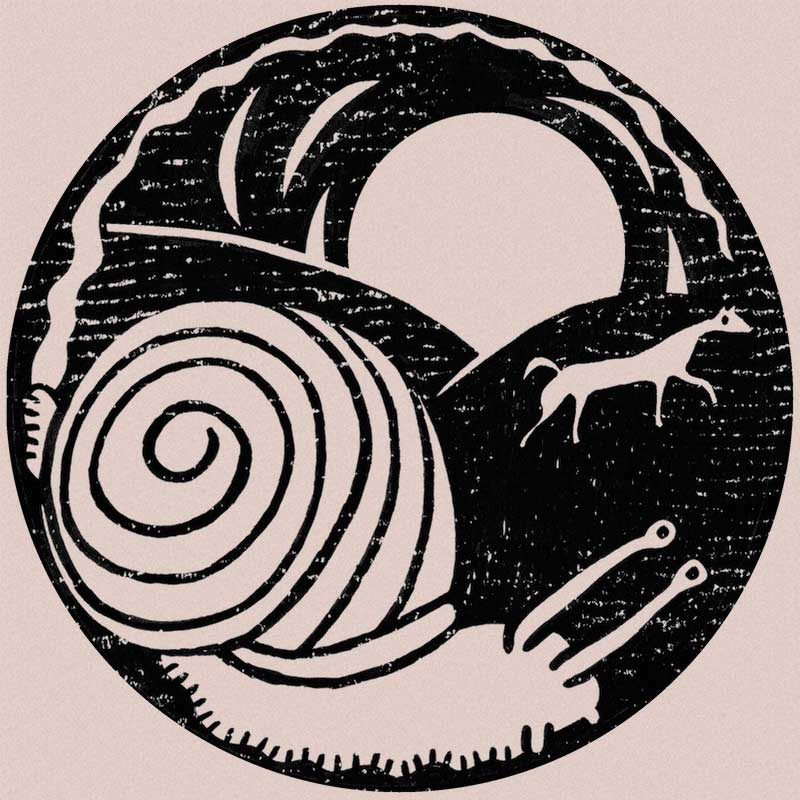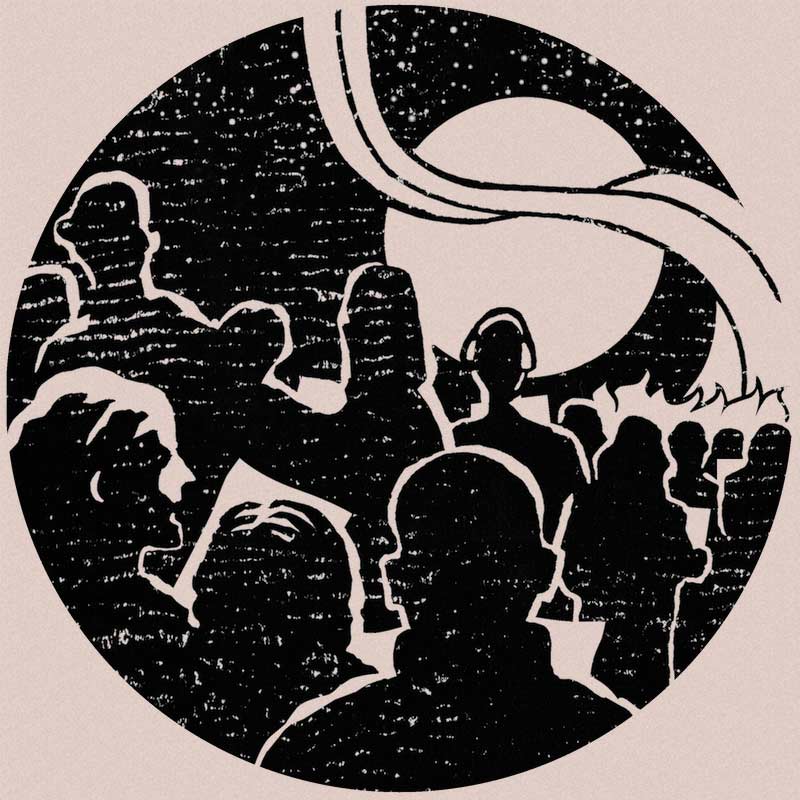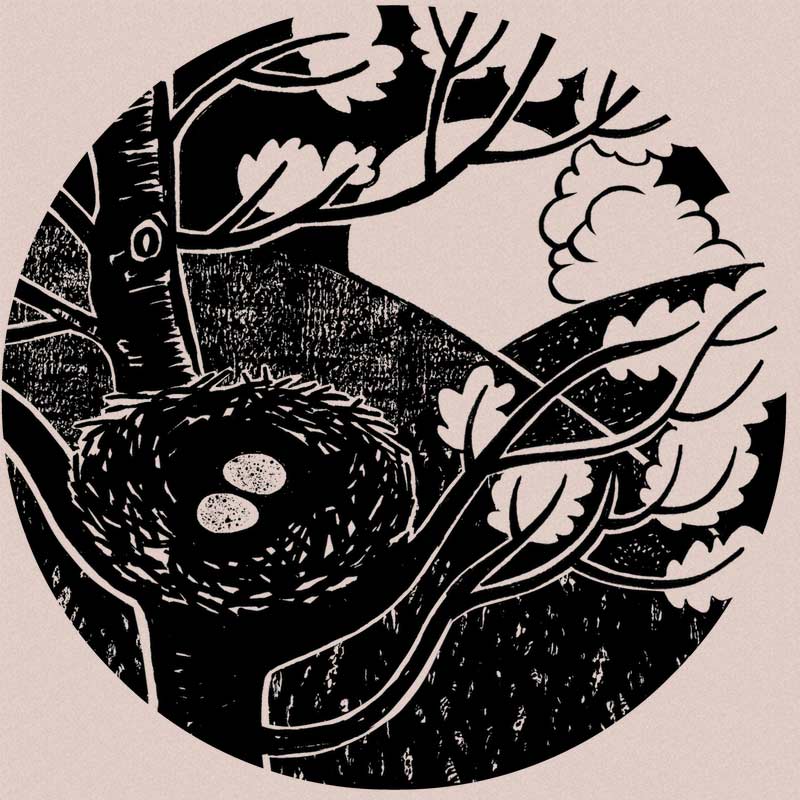27 January, 2021
The Nightingale: Music, Poetry & Literature (II)
Olden Times (1500-1900)
The sweet songs of nightingales have enamoured humans from the dawn of time, it seems, or at least from the dawn of culture, where we found ways to transform our beliefs and worries, our dreams and awe into words, music and art. We find the nightingale tucked into the furthest recesses of human culture, its nocturnal warblings metamorphosing into a metaphor for artists, paramours and poets over time, feverishly burning the midnight oil in the pursuit of art, love and beauty.
We continue on our deep dive into the nightingale’s web of influence in music, poetry and literature through the ages, leaving the ancient world behind to step into the period between 1500 and 1900 CE. A time ripe with artistic expression, innovation and revolution, taking in the Renaissance at one end and the Romantics at the other, the nightingale’s song continued to inspire writers and musicians as nature’s muse.
It seems the nightingale has had an ephemeral connection with us humans for a long, long time, and as we prepare to renew this communion in spring with Singing With Nightingales, we’ve cherry-picked some highlights from this particular era in history:
Music
C16th/17th – Jacob Van Eyck – The Nightingale – Performed by Cassandre Balbar (who joins us for Singing With Nightingales on 21st May).
1739 – Handel – Cuckoo & The Nightingale Organ Concerto No.13
1740 – Handel – the aria “Sweet bird” in L’Allegro, il Penseroso ed il Moderato
1748 – Handel – the “Nightingale chorus” in Solomon
1802-1808 – Beethoven – Symphony No.6, Movement No.2 “Szene am Bach” (“Scene by the brook”)
This piece is known as Beethoven’s ‘Pastoral Symphony’, and toward the end of this movement is a cadenza for woodwind instruments that imitates bird calls. Beethoven helpfully identified the bird species in the score: nightingale (flute), quail (oboe), and cuckoo (two clarinets).
1825 – Glinka – The Nightingale
1884, 1889 – Grieg – ‘The Nightingale’s Secret’ from Six Songs (Op.48)
Poetry & Literature
1594-6 – Shakespeare – Romeo & Juliet, Act 3, Scene 5

JULIET
1 Wilt thou be gone? it is not yet near day:
2 It was the nightingale, and not the lark,
3 That pierced the fearful hollow of thine ear;
4 Nightly she sings on yon pomegranate-tree:
5 Believe me, love, it was the nightingale.
ROMEO
6 It was the lark, the herald of the morn,
7 No nightingale.
1595 – Philip Sidney – The Nightingale
One of Sidney’s most famous poems, the narrative is based on book 6 of Ovid’s Metamorphosis, which tells of the rape of Philomela by her sister Procne’s husband Tereus, and the eventual transformation of all three into birds.
1632-3 – John Milton – Sonnet to the Nightingale
O nightingale that on yon blooming spray
Warblest at eve, when all the woods are still,
Thou with fresh hopes the Lover’s heart dost fill,
While the jolly Hours lead on propitious May.
Thy liquid notes that close the eye of Day,
First heard before the shallow cuckoo’s bill,
Portend success in love. O if Jove’s will
Have linked that amorous power to thy soft lay,
Now timely sing, ere the rude bird of hate
Foretell my hopeless doom, in some grove nigh;
As thou from year to year hast sung too late
For my relief, yet had’st no reason why.
Whether the Muse or Love call thee his mate,
Both them I serve, and of their train am I.
1667 – John Milton – Paradise Lost, Book III, 38-40
“as the wakeful Bird / Sings darkling, and in shadiest Covert hid / Tunes her nocturnal Note”

1746 – Josepth Warton – Ode to the Nightingale

Another representation of the nightingale as a love-lorn melancholic creature, and named as ‘Philomel’ in reference to the Ovidian tale. This association of the nightingale with sorrow and heartbreak was a common thread that Coleridge later linked to Milton’s ‘Il Penseroso’, setting a trend that echoed in many a poet’s pen.
O thou, that to the moon-light vale
Warblest oft thy plaintive tale,
What time the village-murmurs cease,
And the still eye is hush’d to peace,
When now no busy sound is heard,
CONTEMPLATION’s favourite bird!
Chauntress of night, whose amorous song
First heard the tufted groves among,
Warns wanton MABBA to begin
Her revels on the circled green,
Whene’er by MEDITATION led
I nightly seek some distant mead,
A short repose of cares to find,
And sooth my love-distracted mind,
O fail not then, sweet PHILOMEL,
Thy sadly-warbled woes to tell;
In sympathetic numbers join
Thy pangs of luckless love with mine!
So may no swain’s rude hand infest
Thy tender young, and rob thy nest;
Nor ruthless fowler’s guileful snare
Lure thee to leave the fields of air,
No more to visit vale or shade,
Some barbarous virgin’s captive made.
1798 – Coleridge – The Nightingale
Coleridge did away with the idea that nightingale song was melancholic, claiming that nothing in nature is sorrowful and the association is nothing more than a heartbroken lover’s narcissistic projections that was copied by other writers:
And hark! the Nightingale begins its song,
‘Most musical, most melancholy’ bird!
A melancholy bird? Oh! idle thought!
In Nature there is nothing melancholy.
But some night-wandering man whose heart was pierced
With the remembrance of a grievous wrong,
Or slow distemper, or neglected love,
(And so, poor wretch! filled all things with himself,
And made all gentle sounds tell back the tale
Of his own sorrow) he, and such as he,
First named these notes a melancholy strain.
And many a poet echoes the conceit;
C17th-18th – Anne Finch [1661-1720] – To the Nightingale
 “Exert thy voice, sweet harbinger of spring!
“Exert thy voice, sweet harbinger of spring!
C18th – William Cowper [1731-1800] – The Nightingale & the Glow Worm
A nightingale weary from singing all day decides to snack upon a glow-worm, however the worm gives him a short speech about how the same divine power that gifted the nightingale with song, blessed the glow-worm with iridescence, and so it would be sacrilege to eat him.
“The worm, aware of his intent,
Harangued him thus right eloquent:
“Did you admire my lamp,” quoth he,
“As much as I your minstrelsy,
You would abhor to do me wrong,
As much as I to spoil your song,
For ’twas the self-same power divine
Taught you to sing, and me to shine,
That you with music, I with light,
Might beautify and cheer the night.”
The songster heard his short oration,
And warbling out his approbation,
Released him, as my story tells,
And found a supper somewhere else.”
C18th – Mary Darby Robinson [1758-1800] – Ode to the Nightingale

Mary Darby Robinson was an English actress, poet, novelist, dramatist and celebrity figure, admired by King George IV when he was still the Prince of Wales, and known as the “English Sappho”.
“SWEET BIRD OF SORROW! why complain
In such soft melody of Song,
That ECHO, am’rous of thy Strain,
The ling’ring cadence doth prolong?
Ah! tell me, tell me, why,
Thy dulcet Notes ascend the sky.”
C18th – Charlotte Smith [1749-1806] – On the Departure of the Nightingale (written while in debtor’s prison with her family)

Sweet poet of the woods, a long adieu!
1819 – Keats – Ode to a Nightingale

1821 – Shelley – A Defense of Poetry
“A poet is a nightingale who sits in darkness, and sings to cheer its own solitude with sweet sounds; his auditors are as men entranced by the melody of an unseen musician, who feel that they are moved and softened, yet know not whence or why.”

1843 – Hans Christian Anderson – The Nightingale
Known as “Nattergalen” in Danish, this literary fairytale tells the story of an emperor who prefers the music of a jewelled mechanical bird to the song of a real nightingale. The jewelled bird can perform at the emperor’s command, even if the repertoire is limited, whereas the real bird needs rest. The emperor sends the real bird away, in favour of his shiny new replica, but when he is near death and the mechanical bird breaks, it is only the real bird whose song can heal him. It is rumoured that the tale was inspired by the author’s unrequited love for the opera singer Jenny Lind, known as the ‘Swedish Nightingale’.
1888 – Oscar Wilde – The Nightingale & the Rose
A tragic tale of love and sacrifice, Wilde’s story tells of a selfless nightingale who gives up his life to help a young man win the heart of his love. The nightingale pricks his breast against the thorn of a white rose, so that his blood turns the rose red, and the young man might win his love’s heart with the flower’s beauty.
C19th – John Clare [1793-1864] – The Nightingale’s Nest
Clare was an avid nature lover and celebrator of the English countryside in his poetry. His field craft was so detailed that some of his poems are still referred to by ornithologists as historical records of his local area of Northamptonshire.
“Up this green woodland-ride let’s softly rove,

And list the nightingale – she dwells just here.
Hush ! let the wood-gate softly clap, for fear
The noise might drive her from her home of love ;
For here I’ve heard her many a merry year –
At morn, at eve, nay, all the live-long day,
As though she lived on song. This very spot,
Just where that old-man’s-beard all wildly trails
Rude arbours o’er the road, and stops the way –
And where that child its blue-bell flowers hath got,
Laughing and creeping through the mossy rails –
There have I hunted like a very boy,
Creeping on hands and knees through matted thorn
To find her nest, and see her feed her young.”





